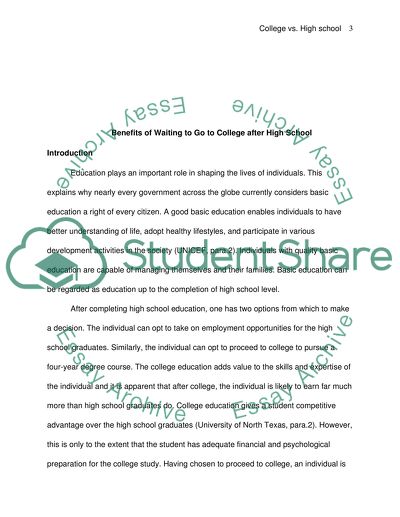Cite this document
(n.d.)
Retrieved from https://studentshare.org/education/1432928-benefits-of-waiting-to-go-to-college-after-high
Retrieved from https://studentshare.org/education/1432928-benefits-of-waiting-to-go-to-college-after-high
()
https://studentshare.org/education/1432928-benefits-of-waiting-to-go-to-college-after-high.
https://studentshare.org/education/1432928-benefits-of-waiting-to-go-to-college-after-high.
n.d. https://studentshare.org/education/1432928-benefits-of-waiting-to-go-to-college-after-high.


